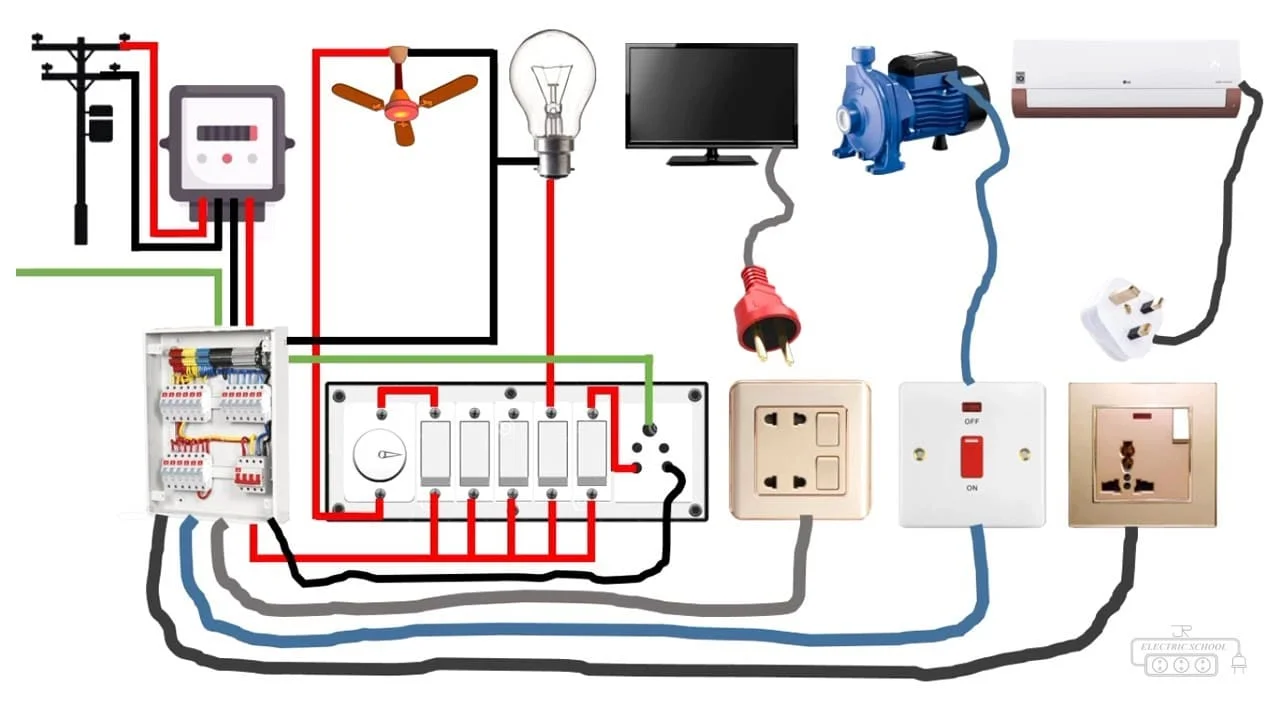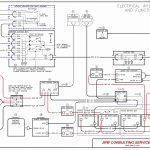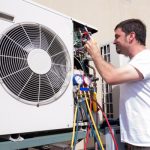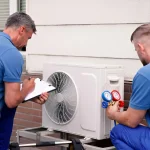**Course Objective:**
To empower technicians with a comprehensive understanding of residential electrical systems, including installation, maintenance, fault diagnosis, and safety standards, through a combination of theoretical instruction and hands-on training.
**Course Content:**
**1: Introduction to Electrical Systems and Basic Components**
– Principles of electricity (voltage, current, resistance).
– Difference between alternating current (AC) and direct current (DC).
– Components of a residential electrical system (distribution board, circuit breakers, outlets, switches).
– Basic electrical tools (multimeter, wire cutters, screwdrivers).
– Types of wiring (copper, aluminum, conduits).
– Electrical safety fundamentals (hazards, personal protective equipment, electrical code standards).
**2: Installation, Maintenance, and Fault Diagnosis**
– Installation of distribution boards and circuit breakers.
– Wiring and connection of switches and outlets.
– Troubleshooting electrical problems (tripped breakers, power outages).
– Preventive maintenance and system component inspection.
**3: Advanced Techniques and System Upgrades**
– Upgrading electrical systems to handle new loads.
– Installing protective devices such as GFCI and AFCI.
– Introduction to solar power systems and their integration with home networks.
– Diagnosing grounding faults and complex electrical issues.
– Compliance with the National Electrical Code (NEC).
– Hands-on training in wiring, troubleshooting, and installations.
**Target Audience:**
– Aspiring electrical technicians.
– Homeowners and DIY enthusiasts.
– Professionals in residential electrical maintenance.






